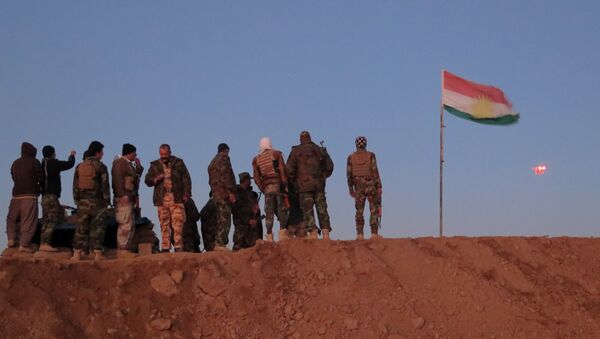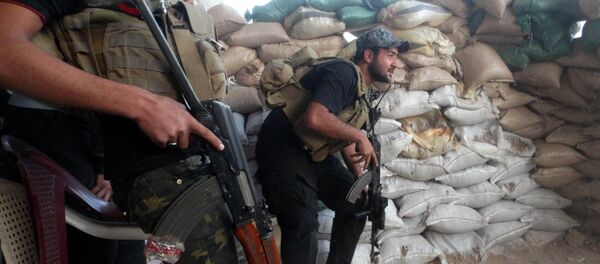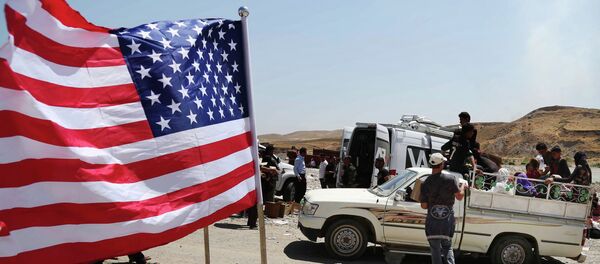"The fact that American and European strategists are contemplating redrawing borders, entrenching sectarian and ethnic conflicts and, most likely, triggering new wars, is testimony to the sheer criminality of imperialist policy in the Middle East," he observed.
The case for dividing Iraq and Syria is based on an idea, which is dangerously appealing in its simplicity. Daesh is using ethnic and religious grievances in the Middle East to promote its own agenda. If the Sunnis, Shiites and Kurds are allowed to have their own nations, they (particularly the Sunnis) would supposedly be more than willing to launch a major offensive against the terrorist group and other rebel factions.
Well that will definitely reassure Sunni tribes needed for long term stabilization of Iraq. https://t.co/bslJmumBPB
— Omri Ceren (@cerenomri) 29 декабря 2015
The disenfranchisement of Sunni leaders after the US invasion of Iraq and the removal of Saddam Hussein from power has been typically offered as an example to support this logic.
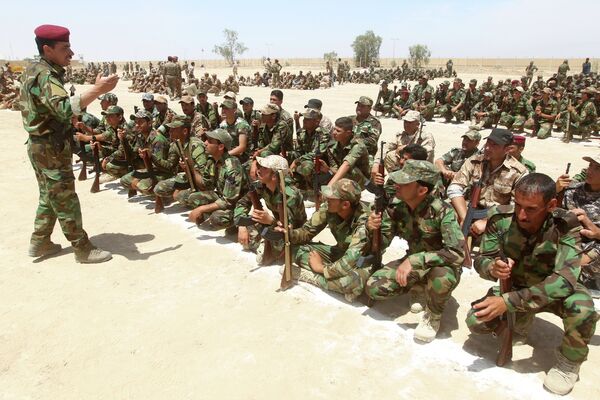
In mid 2000s, tribal leaders were instrumental in tackling the bloody Sunni insurgency but they received nothing from Baghdad as a thank you for their achievements. Unsurprisingly, they are reluctant to take on radical Sunnis this time around.
"The only way to elicit indigenous support is by offering the Sunnis greater stakes in the outcome. That means proposing an independent Sunni state that would link Sunni-dominated territories on both sides of the border," political scientist Barak Mendelsohn urged in a recent edition of Foreign Affairs.
No matter how appealing this solution might look, it will not work.
"The divisions that were fomented by the US occupation in Iraq to weaken resistance, and then to provoke civil war in Syria against the Assad government, are already responsible for the deaths of hundreds of thousands and forcing millions in both countries to flee their homes," Cogan noted.
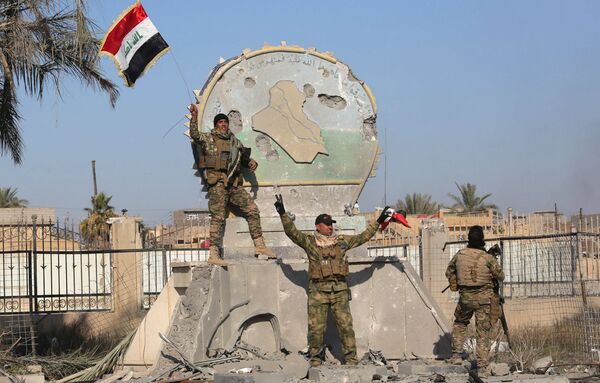
The Iraqi city of Ramadi, according to Cogan, was liberated by local Sunni fighters, not Shia-dominated Baghdad-led forces. Tribal Sunni fighters are expected to focus on liberating the city of Fallujah and ultimately Mosul – the second largest city in the country, which has been under Daesh control since June 2014.
Cogan mentioned that Sunni fighters will likely retain control of Ramadi once it is fully freed. These policy decisions, if confirmed, "dovetail" with the idea that "the only way to maintain control over the oil-rich Middle East – after more than a decade of military setbacks and debacles for US policy – is the partition of Iraq and Syria into Sunni, Shiite and Kurdish mini-states," the analyst explained.


